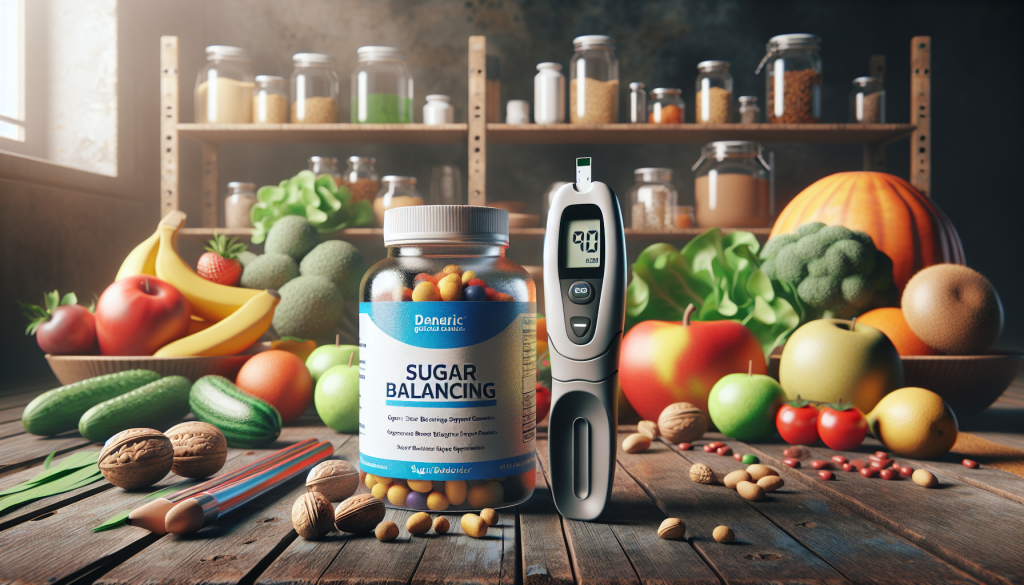
With the rising trend of dietary supplements, sugar defender supplements have garnered attention, especially among those seeking to manage their weight and stabilize their blood sugar levels. These supplements come with appealing promises, but it’s crucial to understand their efficacy, safety, and the science behind them.
A sugar defender supplement typically consists of a blend of ingredients aimed at maintaining balanced blood sugar levels. Among these, alpha lipoic acid (ALA) stands out as an antioxidant that can shield both water-soluble and fat-soluble parts of the body from the cell damage caused by free radicals. These damaging molecules, produced by factors like pollution and poor diet, contribute to aging and diseases like Alzheimer’s and cardiovascular illnesses. ALA’s universal protection is beneficial for those concerned about aging signs or diseases from cell damage. The recommended clinical dosage of ALA ranges from 50 to 300 mg per day, with enhanced forms designed to remain active for longer periods, enhancing anti-aging benefits. When combined with vitamins C and E, ALA’s potency as an antioxidant is magnified.
However, not all sugar defender supplements live up to their promises. A critical analysis of the Sugar Defender, for instance, reveals shortcomings due to inadequate dosing. Cramming 23 ingredients into a single formula, Sugar Defender falls victim to the dilution effect, offering just about 9 mg of each ingredient per day—hardly more than a trace. Effective supplementation requires ingredients in a dosage that’s meaningful, a benchmark Sugar Defender fails to meet. For example, chromium, known to help blood sugar levels, is present at just 1/300th of its minimum effective dose in the supplement. Other ingredients with a reputation for assisting blood sugar or energy levels are also present in doses far below what’s considered therapeutic.
Regrettably, Sugar Defender’s attempt to create a comprehensive supplement yields a product with no meaningful doses of its components. Despite the potential of some ingredients, the supplement cannot deliver results for blood sugar control, energy boost, or weight loss, making it an inefficient choice, particularly at a price point of $70 per month.
When selecting quality sugar defender supplements, transparency regarding ingredients and exact dosages is paramount. Look for products backed by clinical research and those providing doses that align with what’s been proven effective in studies. In addition to the supplement’s composition, consider reviews from credible health professionals or consumer reports to guide your choice.
Using sugar defender supplements safely requires a look beyond the promising labels. If taking medications or if one has underlying health conditions, it’s critical to consult a healthcare provider before supplementation to avoid potential interactions. Such supplements should complement, not replace, a balanced diet and healthy lifestyle, as no pill can substitute the benefits of wholesome nutrition and regular physical activity.
In assessing the claims and research, it’s evident that some sugar defender supplements, such as those containing ALA, have scientific substantiation, while others could be deemed ineffective due to underdosing issues. As consumers, it’s our responsibility to scrutinize these products with a critical eye.
In conclusion, while sugar defender supplements might offer benefits when properly formulated and used, they can’t be seen as a cure-all. A holistic approach to health, incorporating diet, exercise, and preventive care is undeniably more effective. Remember to approach supplement claims with skepticism and always seek professional medical advice for managing health and wellness.